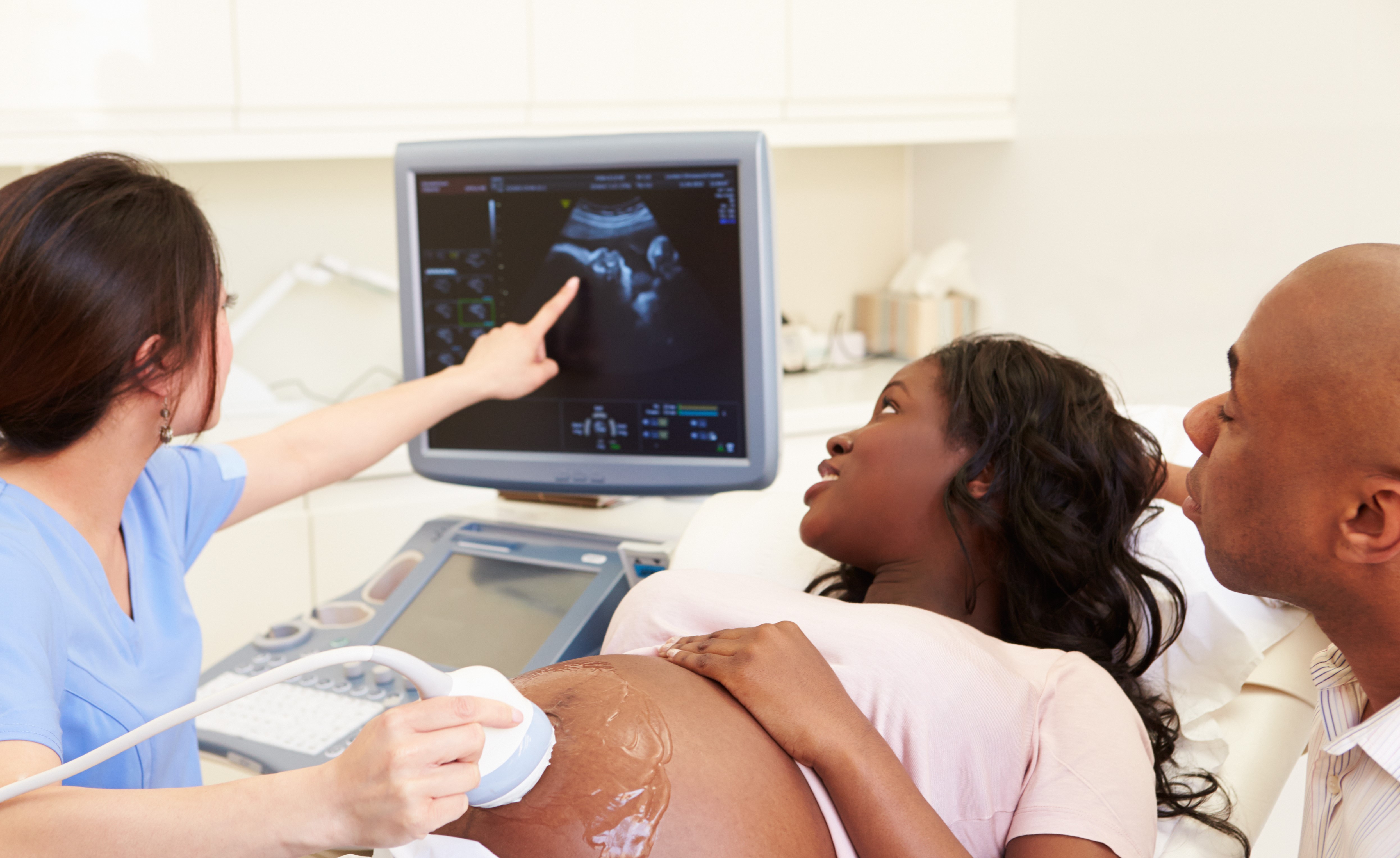Assessing Women’s Preferences and Experiences of Support Person Involvement in Maternity Care in Kenya

Researchers partnered with IPA Kenya to assess women’s perceptions and experiences of support persons integrated during maternity care. A large majority of women wanted their support persons integrated into their maternity care, but fewer actually experienced it.
Access to support persons—non-medical professionals who accompany women during labor, childbirth and postpartum—may improve the quality of maternity care and birth outcomes, including a normal labor process without complications.1 In Kenya, studies across settings indicate that women’s access to a support person is low; in one study, for example, less than half were allowed a companion during labor, and only one in five during childbirth.2 The concept of Person-Centered Integration of Support Persons (PC-ISP), defined by the research team for this project, incorporates support persons into maternity care to respect and respond to women’s needs and preferences, including clinical decisions.
Researchers partnered with IPA Kenya to assess women’s perceptions and experiences of PC-ISP during maternity care. To do so, they conducted a survey with 1,138 post-partum women who reported having a support person accompany them at six health facilities in Nairobi and Kiambu Counties. Researchers measured indicators such as a welcoming environment, decision-making support, provision of information and education, and ability to ask questions and express concerns.
Most women wanted to have support persons integrated into their care. When asked about preferences, the highest proportion of women (93.6 percent) expressed a desire for their support persons to understand their condition and care, and the lowest proportion (73.6 percent) indicated wanting to consult with their support persons when making care decisions. However, lower proportions of women reported having experienced positive integration of support persons during maternity care—between 45.3 percent and 77.9 percent, depending on the indicator. While 30 percent of women wanted a support person during labor and/or childbirth, only 7.4 percent reported having one. Women and their support persons were also treated differently due to differences in social status, support person types, and facility characteristics.
Sources
1 Bohren, Meghan, Justus Hofmeyr, Carol Sakala, Rieko Fukuzawa, and Anna Cuthbert. 2017. “Continuous support for women during childbirth.” Cochrane Database of Systematic Reviews , Issue 7. Art. No.: CD003766.
2 Afulani, Patience, Caroline Kusi, Leah Kirumbi, and Dilys Walker. 2018. “Companionship during Facility-Based Childbirth: Results from a Mixed-Methods Study with Recently Delivered Women and Providers in Kenya.” BMC Pregnancy and Childbirth 18 (1); Sudhinaraset, May, Katie Giessler, Ginger Golub, and Patience Afulani. 2019. “Providers and Women’s Perspectives on Person-Centered Maternity Care: A Mixed Methods Study in Kenya.” International Journal for Equity in Health 18 (1).
Funding Partner













